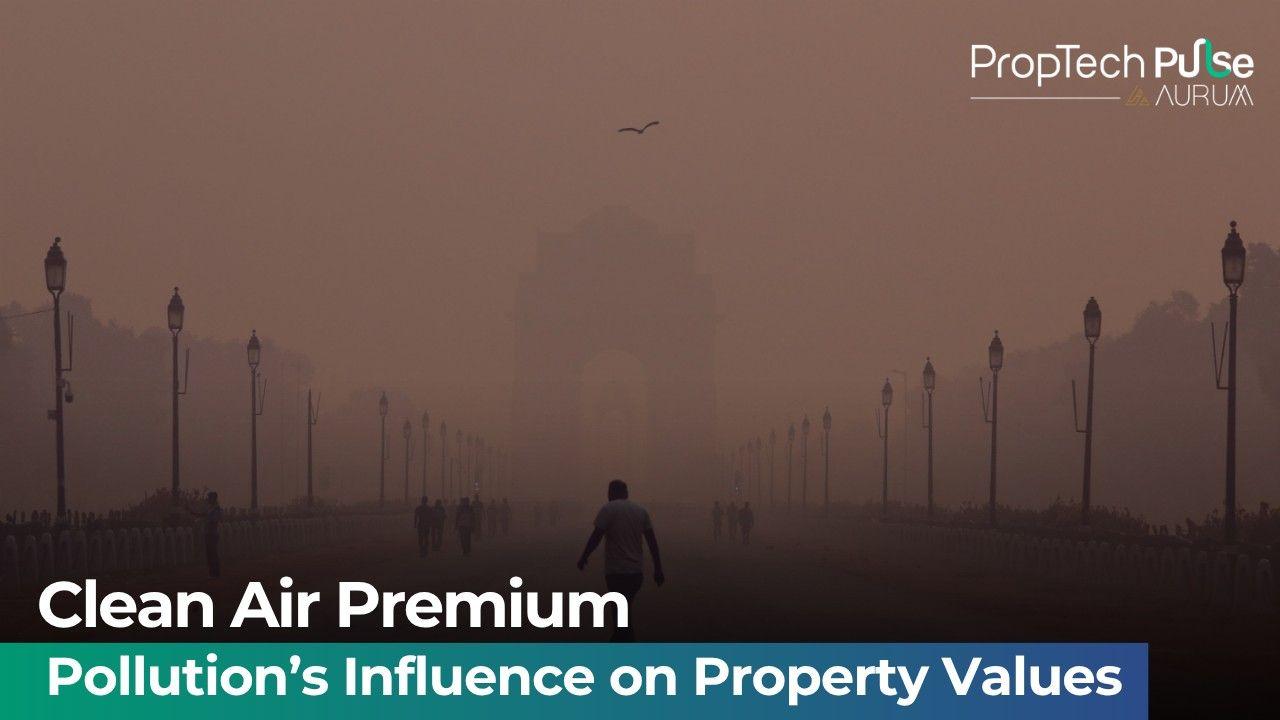
In today’s real estate landscape, one emerging question stands out — should clean air be a premium factor influencing property prices? As cities battle rising pollution levels, homebuyers and developers are beginning to weigh environmental quality alongside traditional factors like location and amenities.
Understanding the Link Between Air Quality and Real Estate Value
While air quality’s impact on health is well known, its role in property valuation is now gaining attention. Advocates believe that homes in areas with cleaner air attract higher demand, reflecting a lifestyle shift toward wellness-centric living. Enhanced quality of life could soon become a defining metric for premium housing.
Conflicting Opinions Among Experts
Opinions in the real estate industry remain divided. Some argue that air quality should justify higher prices, while others note that core elements—like connectivity, social infrastructure, and accessibility—still dominate valuation. In cities with severe pollution, policy interventions could further complicate this emerging trend.
Buyers’ Priorities: Lifestyle Over Air Quality?
Surveys reveal that homebuyers often prioritize convenience, education, and lifestyle amenities over air quality. High-demand metropolitan hubs continue to command premium rates despite pollution concerns, showing that urban desirability still outweighs environmental factors for many investors.
Future Perspectives: A Growing Trend?
With growing environmental awareness, sustainable living and air quality may soon become integral to housing choices. Developers are beginning to highlight eco-friendly features and greener zones as selling points, suggesting that environmental health could become a key market differentiator in the near future.
Conclusion
As cities strive for cleaner, more livable environments, the idea of valuing air quality in real estate pricing is gaining momentum. While traditional valuation factors remain dominant, the shift toward health-conscious living may soon redefine what truly makes a home valuable.
Enjoyed this update? Visit PropTech Pulse for more real estate news and market insights.Unlock the Latest in Real Estate
News, Infographics, Blogs & More! Delivered to your inbox.
“Data that drives action. Insight that inspires action. Technology that empowers action.“
“Data that drives action.
Insight that inspires action.
Technology that empowers action.“









